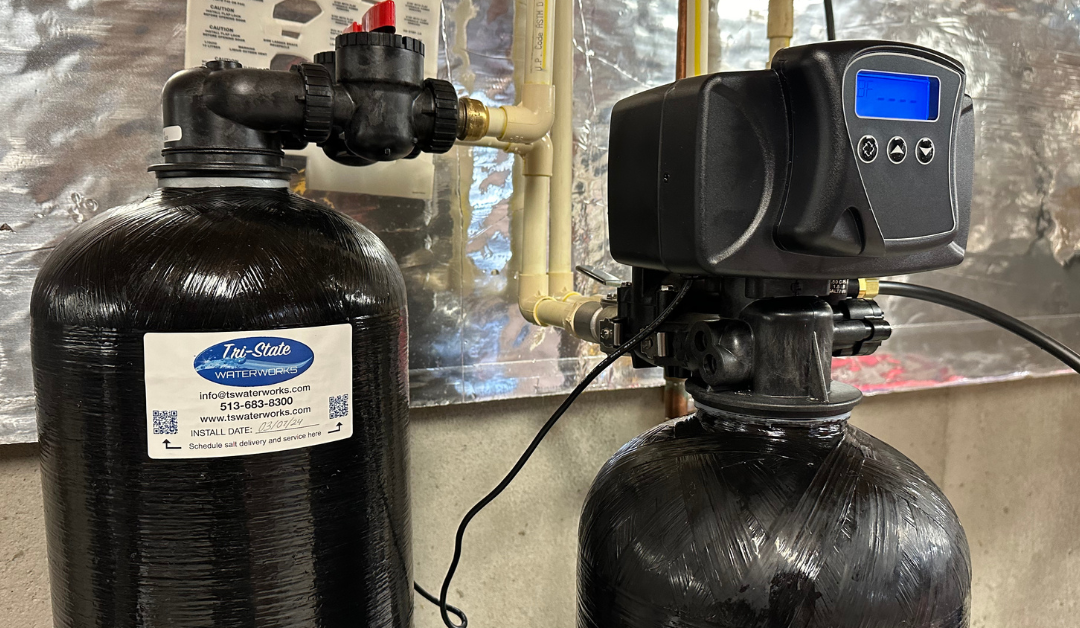Scale buildup in the plumbing system is a common yet aggravating problem faced by many homeowners. This accumulation is primarily composed of minerals like calcium and magnesium, which are naturally present in hard water. Over time, these minerals adhere to the interior surfaces of pipes, appliances, and fixtures, causing reduced water flow, decreased efficiency, blockages, and even premature wear and tear. Fortunately, water softeners offer an effective solution to this issue. In this article, we will explore the top five ways water softeners can help prevent scale buildup in your pipes, ensuring the longevity and efficiency of your plumbing system.
Transforming Hard Water into Soft Water with Water Softeners
The primary function of a water softener is to remove the minerals responsible for hardness from water, namely calcium and magnesium. It does this through a process called ion exchange, wherein hard water passes through a resin bed inside the softener unit. The resin beads are charged with sodium ions, which swap places with the calcium and magnesium ions in the water. This transformation from hard to soft water means that the water flowing through your pipes no longer carries the mineral content that leads to scale buildup, thereby preventing the problem at its source.
Water Softeners Enhance Appliance Efficiency and Longevity
Appliances that use water, such as dishwashers, washing machines, and water heaters, are particularly vulnerable to the effects of scale. Scale buildup can reduce the heating efficiency of water heaters by forming an insulating layer on the heating element, leading to higher energy consumption and potential overheating. Water softeners ensure that only soft water flows through these appliances, significantly reducing the risk of scale accumulation. Consequently, appliances operate more efficiently, consume less energy, and have extended lifespans, saving homeowners money in the long run.
Improving Water Flow and Pressure
Scale buildup in pipes can significantly restrict water flow and reduce pressure, affecting the overall water supply to your home. By preventing scale formation, water softeners maintain optimal water flow and pressure. This not only enhances the performance of your plumbing system but also ensures that water-dependent activities, such as showering and cleaning, are more effective and enjoyable.
Reducing Maintenance Costs and Efforts
Dealing with scale buildup often involves frequent plumbing repairs and maintenance, including descaling and replacing affected pipes and fixtures. These activities can be both time-consuming and costly. By installing a water softener, homeowners can drastically reduce the occurrence of scale buildup, thereby minimizing the need for maintenance. The initial investment in a water softener can thus translate into significant savings over time, not to mention the convenience of having a trouble-free plumbing system.
Ensuring Cleaner, Spot-Free Surfaces
Scale buildup doesn’t just affect the internal workings of your plumbing system; it can also leave unsightly spots and residue on surfaces that come into contact with water, such as sinks, faucets, and shower doors. Soft water, on the other hand, rinses away cleanly without leaving behind any mineral deposits. This means cleaner surfaces, fewer cleaning products required, and less effort spent scrubbing, making your home easier to maintain and more aesthetically pleasing.
FAQs About Water Softeners
How Often Do I Need to Regenerate My Water Softener?
The frequency of regeneration depends on various factors, including water usage and hardness levels. Generally, it’s recommended to regenerate your water softener every few days to ensure optimal performance.
Will a Water Softener Remove All Minerals From My Water?
While water softeners are effective at removing hardness minerals like calcium and magnesium, they may not eliminate all minerals from your water. Some beneficial minerals may still remain, providing essential nutrients.
Can I Install a Water Softener Myself, Or Do I Need Professional Assistance?
While some DIY enthusiasts may be able to install a water softener themselves, it’s often best to seek professional assistance to ensure proper installation and optimal performance.
How Can I Determine If I Have Hard Water in My Home?
There are several signs of hard water, including soap scum buildup, limescale deposits on faucets and fixtures, and dry, itchy skin after bathing. You can also test your water using a home testing kit or consult a professional for analysis.
Are There Any Drawbacks to Using Water Softeners?
While water softeners offer numerous benefits, they may also have some drawbacks, such as increased sodium levels in softened water and the need for periodic maintenance and regeneration.
Can a Water Softener Help with Soap Lather and Cleaning Efficiency?
Yes, by removing hardness minerals from water, water softeners can improve soap lather and cleaning efficiency, allowing you to use less soap and detergent while achieving better results.
Water softeners play a crucial role in preventing scale buildup in pipes, extending the life of your plumbing system and appliances, and improving the overall quality of your water supply. By understanding the benefits outlined above, homeowners can make informed decisions about water treatment solutions that will save them time, money, and effort in the long run. Investing in a water softener is not just an investment in your home’s infrastructure; it’s an investment in the quality of your daily life. For more information on water softeners, contact our team today!

